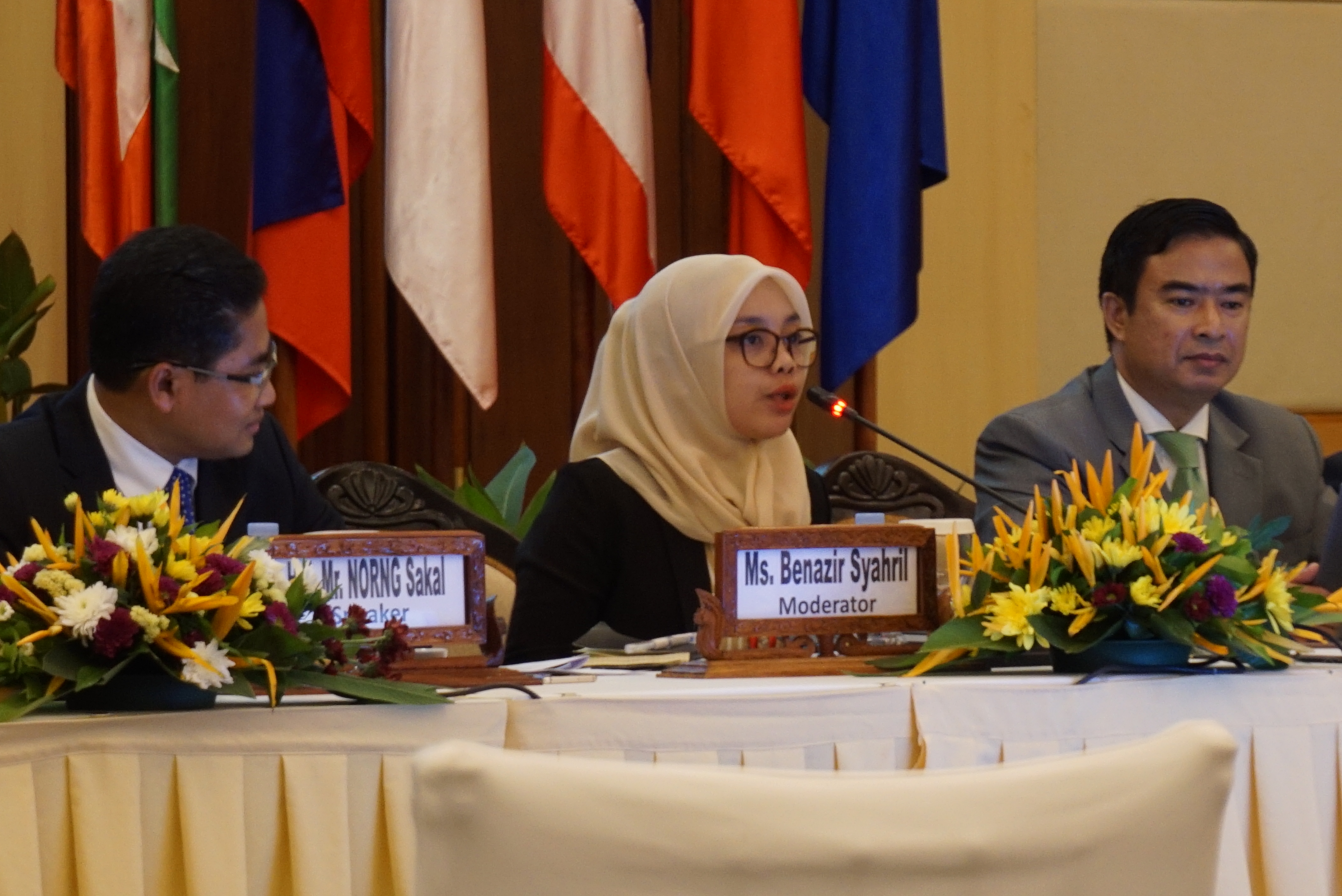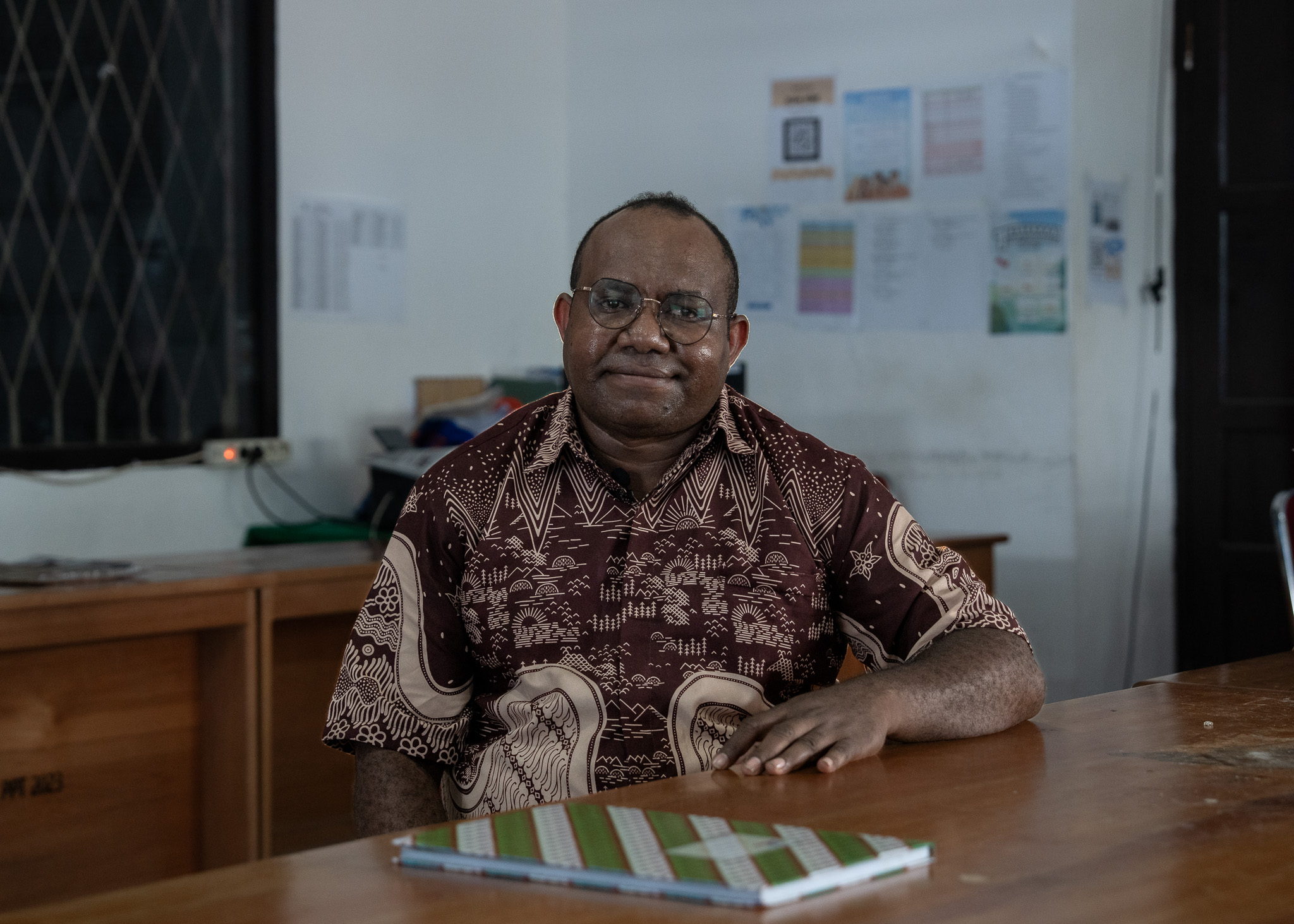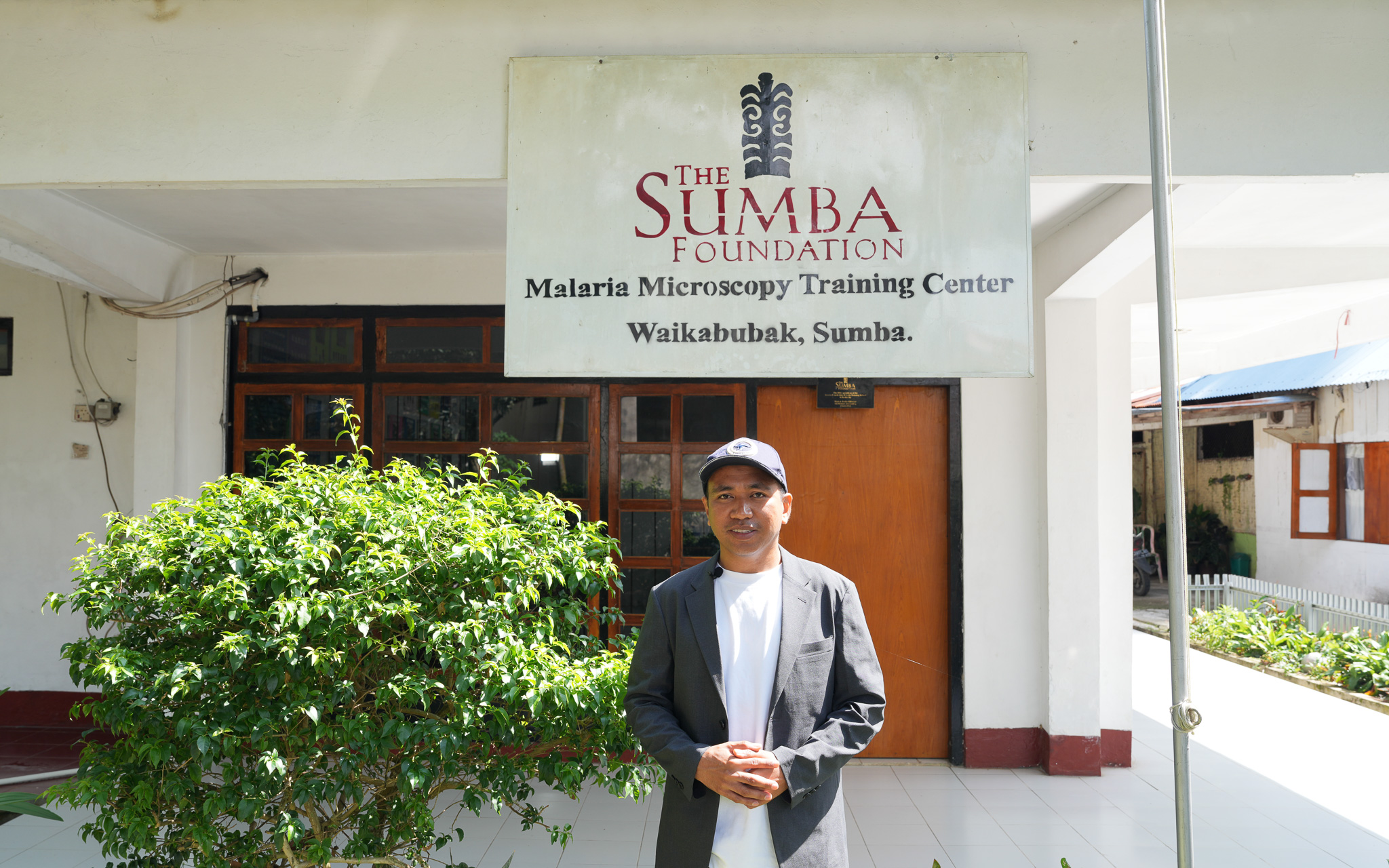This year, Indonesia has been entrusted with the leadership role in the international arena by holding the Chairmanship of ASEAN 2023. Embracing the theme "ASEAN Matters: Epicentrum of Growth," Indonesia collaborates with fellow ASEAN member countries to ensure the continued and enhanced relevance of this Southeast Asian regional organization to the world.
The current leadership role of Indonesia in ASEAN 2023 for the fifth time led the Education Fund Management Agency (LPDP) to engage in a conversation with Benazir Syahril, an LPDP awardee alumna currently working at the ASEAN Secretariat.
Affectionately known as Bena, this Minangkabau woman will assist Indonesia in executing the responsibilities of the ASEAN 2023 Chairmanship. As a graduate in Development Management from the London School of Economics (LSE), she is involved in the portfolio of sustainable urbanization to advance cities in ASEAN.
Bena began her career as a banker before working at the ASEAN Secretariat for the past six years. In an interview with LPDP's Communication Team, she shared insights into her career, education, and current tasks in the ASEAN Chairmanship. Explore the interview conducted by Dimas Wahyudi.
Can you provide a brief overview of your educational background?
I was born and raised in Jakarta to parents from West Sumatra. My latest educational background is a Master's degree from the London School of Economics (LSE) in 2014, majoring in Development Management, utilizing a regular LPDP scholarship. I belong to the Preparation for Departure (PK) batch 13.
I chose Development Management at LSE because it falls under the International Development department, which includes various disciplines such as Development Studies, Development Management, and African Development Studies. I opted for Development Management due to its practical focus, involving the practical application of theories and addressing contemporary issues. It seemed more interesting than Development Studies, considering my inclination towards a practitioner's direction rather than an academic one.
What subjects did you study in Development Management?
Development Management is a mixture of history, politics, economics, and social science. It examines what makes a country successful or unsuccessful over time. For instance, it delves into factors like colonization altering its social, economic, and political structures.
The curriculum also covers the concept of the "resource curse," where abundant natural resources like oil and coal can lead to exploitation, corruption, and other issues. Overall, it encompasses various aspects, including the constitution's format influencing stakeholders' decision-making processes, which, in turn, affect economic and political decisions and a country's development.
You started your career in finance, moved to education, and are now in an international organization. How did this career transition happen, and what did you gain from LSE?
I initially started in finance, particularly in accounting and finance. After working in the banking sector following my undergraduate studies, I realized banking wasn't the career path I wanted to pursue. I felt it wasn't suitable, and I needed a change in my career direction. Hence, I shifted to the development sector.
My current sector is commonly known as the development sector. After obtaining my Master's degree, I transitioned to the public sector, initially assisting the Ministry of Education and Culture (Kemendikbud) before moving on to the ASEAN Secretariat. I've been working here for around six years now.
At the ASEAN Secretariat, I handle a portfolio related to sustainable urbanization, focusing on smart cities and sustainable urban development. I collaborate with ASEAN member countries to advance sustainable urbanization or smart cities. Activities range from studies, capacity building, training, to knowledge management.
This year, with Indonesia chairing ASEAN, I work closely with the Ministry of Home Affairs (Kemendagri) because they represent Indonesia in the ASEAN Smart Cities Network, promoting smart cities. That provides an overview of my work.
What are the programs for sustainable urbanization to build the smart city network in ASEAN?
One implemented program involves providing capacity building to city or regional governments for their planning. For instance, if a city wants to improve its transportation system or address waste management issues, they usually need technical assistance and financial support. This funding can come from internal sources, local or national government funds, or external sources requiring technical expertise.
Why did you shift from the finance world to the ASEAN Secretariat, and how did LSE contribute to this journey?
I contemplated my interests and desired career direction. At that time, a friend of mine worked on empowering village women through a banking facility. I found it intriguing—combining my education in finance with empowering women in rural areas. It seemed like a transition because I didn't want to continue in banking, and this provided a different avenue.
After working in this sector for some time, I felt the need for further education to support my newfound career. That's when I pursued my Master's degree with LPDP. LPDP, in my case, not only assisted in higher education but also aided in transitioning to the career I desired.
Sometimes, we talk about significant things without understanding the root causes. For example, wanting to help people out of poverty requires understanding what poverty is. Therefore, education in that field is crucial to ensure our actions are precise.
I am grateful for receiving a scholarship from the Indonesian government through LPDP. After graduating from LSE, my first job was at the Ministry of Education and Culture, where I helped design roadmaps for various activities, training, and curriculum development.
After completing my assignment at Kemendikbud, I explored opportunities and found the ASEAN Secretariat. While there were other opportunities in Singapore and Geneva, I thought living in Indonesia, within this region, was more interesting because of the unique challenges. That's why I chose the ASEAN Secretariat in Jakarta at that time.
Indonesia is currently holding the Chairmanship of ASEAN. Can you explain the significance of ASEAN Chairmanship and its implications for the country?
ASEAN is an association of 10 countries in Southeast Asia, and each year, they take turns chairing the organization. For instance, last year it was Cambodia. The order of rotation is alphabetical, so Indonesia chairs it this year, followed by Laos next year.
The relevance of Indonesia as the ASEAN Chair lies in the priorities that Indonesia can push and promote during its term. With Indonesia as the ASEAN Chair, the aim is to strengthen the relevance at both local and global levels. The significance of ASEAN lies in being an association that prioritizes regional peace and stability.
What role do you play in the ASEAN Chairmanship, and what activities have you been involved in since assuming the role?
One of the stakeholders I work closely with is the Ministry of Home Affairs. Since they handle the city portfolio, they are proactive and enthusiastic about emphasizing urban issues. There are many activities they initiate in that regard. At the ASEAN Secretariat, we support member countries' national civil servants related to regional activities. So, the busy schedule this year is related to that.
Regarding emphasizing stability and peace, how do you view Indonesia as a driver of peace and stability in the ASEAN region from your perspective within the ASEAN Secretariat?
In my personal opinion, not representing my organization's view, the activities and meetings led by Ibu Retno Marsudi emphasize the importance of ASEAN in maintaining regional stability and peace. There are various aspects, including political, economic, and social, in the pillars of ASEAN—economic, political, security, and social culture. Each pillar has priorities that ultimately contribute to maintaining stability and peace in the region.
Regarding sustainable urbanization projects, what is the current condition of cities in Indonesia?
Cities in Southeast Asia, including Indonesia, are expanding rapidly. Over 70 million people in Southeast Asia already live in cities. However, these cities face various issues due to rapid urbanization, such as air pollution, traffic congestion, floods, and waste management problems. Jakarta, for example, encounters multiple challenges, including traffic, air quality, and slums.
During the Covid-19 pandemic, it became apparent that there was no robust system to handle such pandemics. Cities lacked resilience in terms of environmental systems, economy, social structures, and inadequate infrastructure facilities to cope with such disasters.
Supporting these cities is crucial because they are at the forefront of a country's recovery process. If countries want to recover from Covid-19, these cities are at the forefront of observing how a nation rises from the pandemic-induced challenges. Sustainable urbanization is necessary not only to address current issues but also those that may arise in the future.
What kinds of issues are cities in Indonesia currently addressing? Are their problems similar to those in Jakarta?
An example is Tomohon in North Sulawesi, known for tourism. They focus on tourism as a leading sector but also face issues like traffic congestion and security. Similarly, Banyuwangi emphasizes tourism and implements initiatives to help the tourism sector, including advancing entrepreneurship. ASEAN raises these issues with the hope that cities facing similar problems can interact, share knowledge, and engage in dialogues.
The theme for this year is "ASEAN Matters: Epicentrum of Growth." How does this translate into the activities related to urbanization issues?
From my understanding, Indonesia wants to emphasize that our region is quite resilient concerning economic growth. Despite the economic crisis during Covid-19, the region has proven resilient. Economic crises have occurred globally multiple times, and the world has experienced and overcome them. Therefore, this region has significant potential for economic growth, which needs further development.
After six years of working in ASEAN, what experiences would you like to share, especially with the younger generation?
Writing well in English is crucial, not just speaking it. While spoken English may already be widespread due to music, movies, etc., the ability to articulate thoughts in writing is a different skill and is essential.
Presentation skills are also vital. It's not just about speaking English; it's about expressing opinions or thoughts verbally. If you have the opportunity to study abroad with LPDP sponsorship, don't focus solely on academics. Try to engage in organizational activities, or if that's not available, participate in competitions such as writing or debating. These experiences provide valuable skills.
While the ASEAN Secretariat is located in Jakarta, communication is mainly in English as the working language. Colleagues here come from other ASEAN countries like Vietnam, Malaysia, Brunei, and others.
With LPDP having touched the 200 mark, how do you think this educated younger generation is influencing Indonesia and ASEAN?
LPDP has provided many individuals with the opportunity to pursue further studies, resulting in more S2 or S3 graduates from Indonesia. Assuming education correlates with economic well-being, this should contribute to economic growth.
The opportunities given by LPDP are excellent. However, apart from degrees and diplomas, employers in the workforce look for other skills, such as interpersonal or communication skills. While LPDP provides a good education, soft skills are equally important and need to be learned.
While in university, it's essential to have a roadmap, considering what to do after graduation. I believe LPDP recipients must already have such a roadmap since obtaining an LPDP scholarship requires having such a plan.
Are young people in neighboring countries also studying abroad to enhance their human resources?
They also have the same enthusiasm for improving the quality of human resources. For example, by sending their children to study abroad, similar to what Indonesia does through LPDP.



